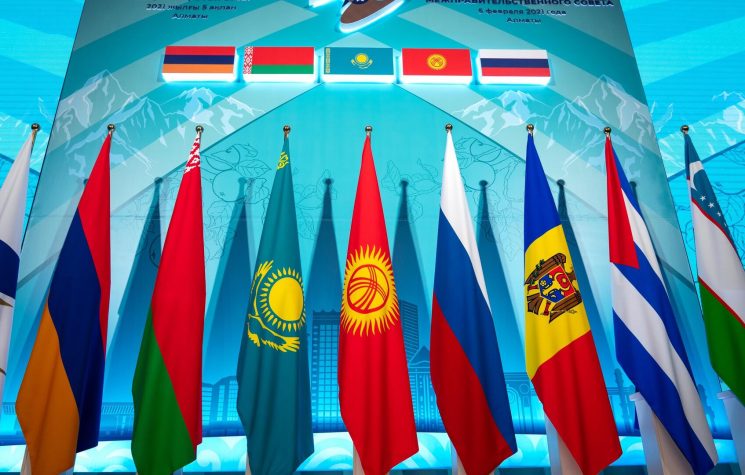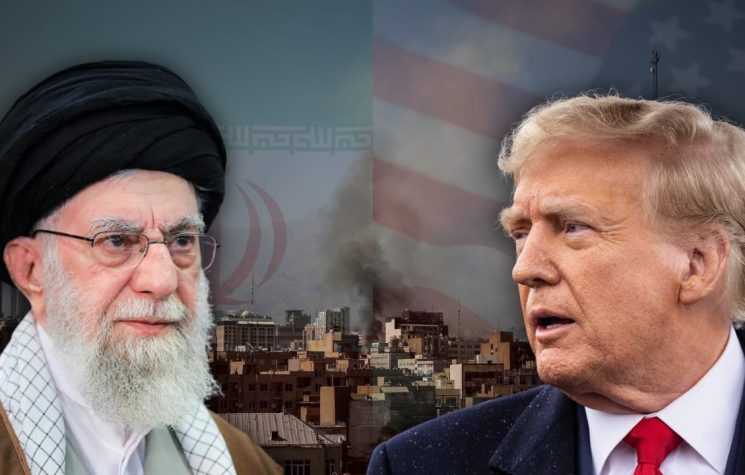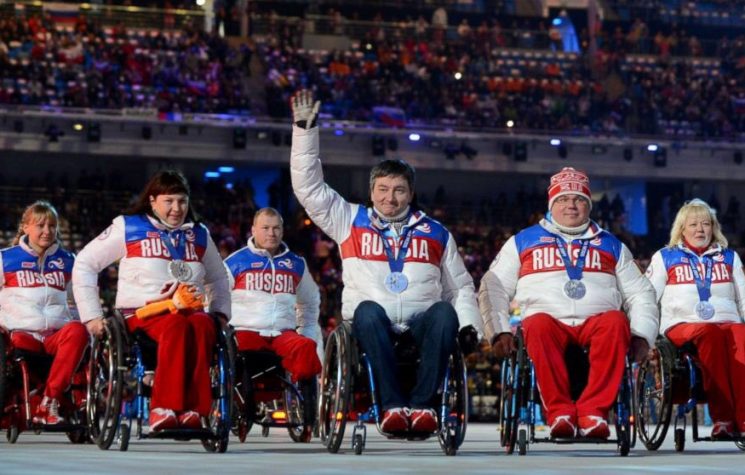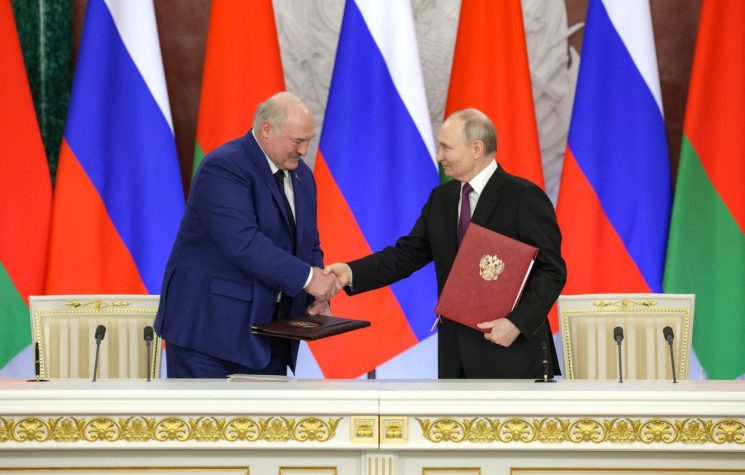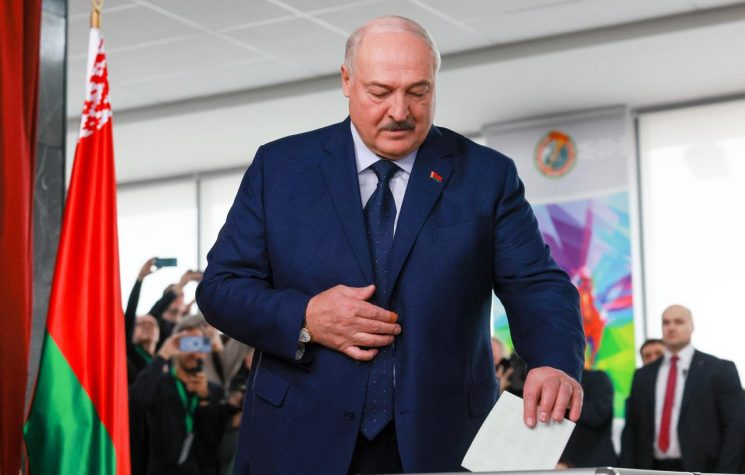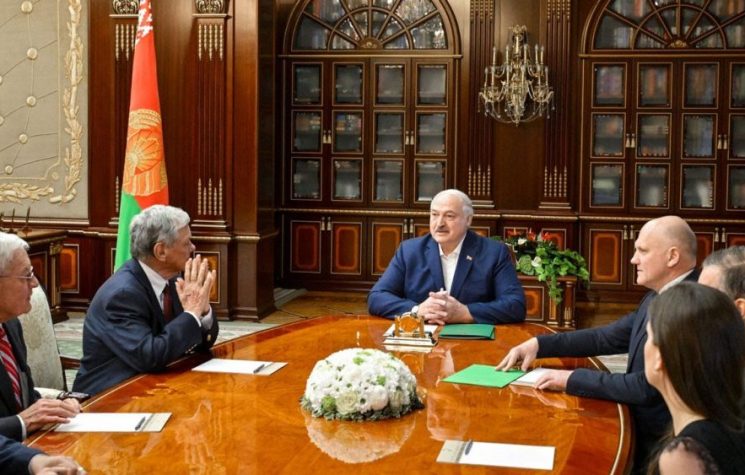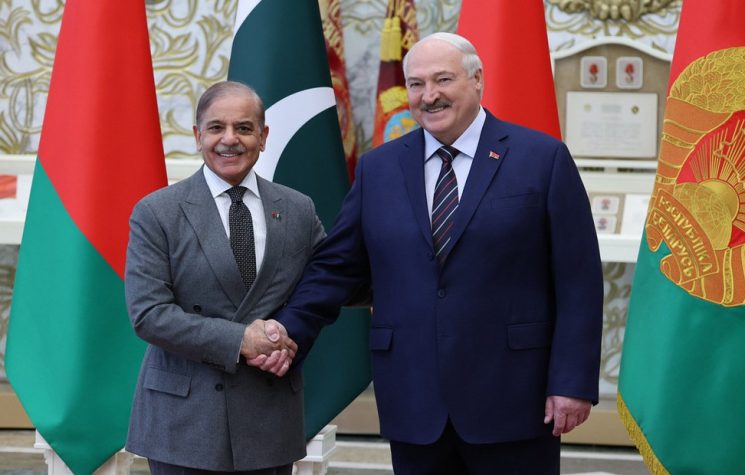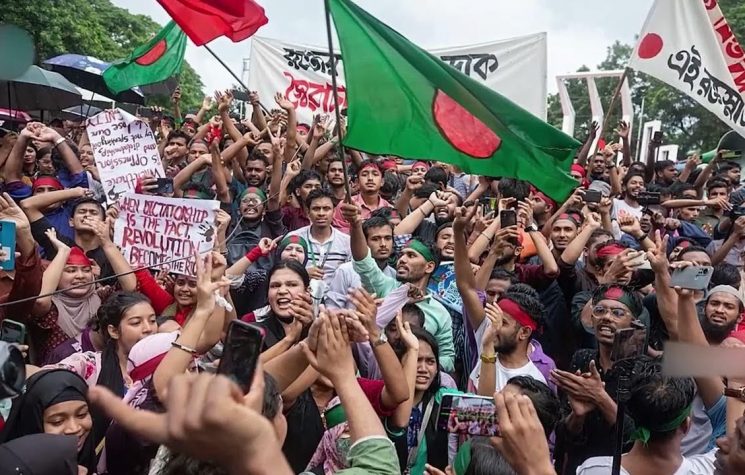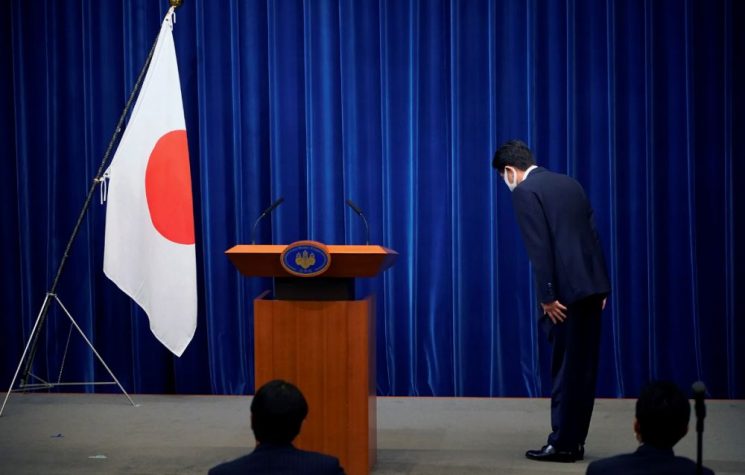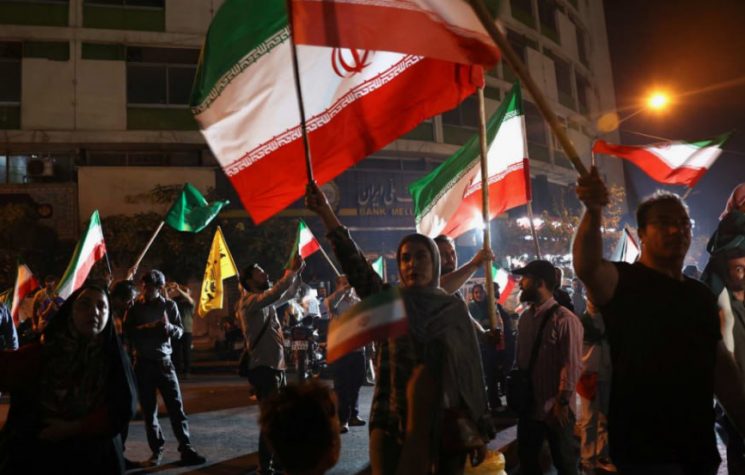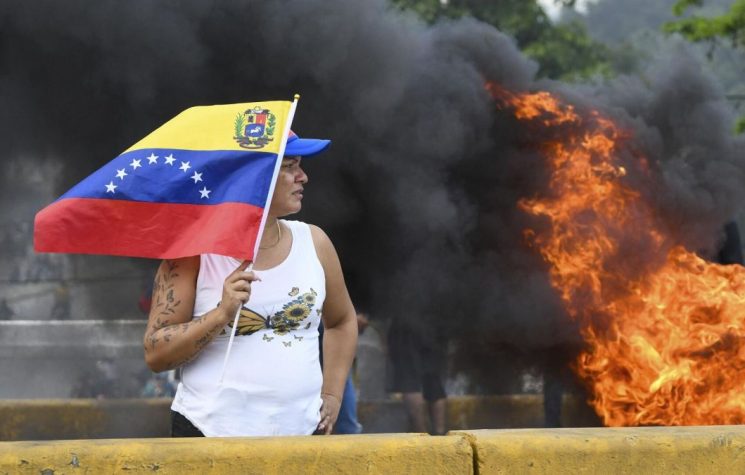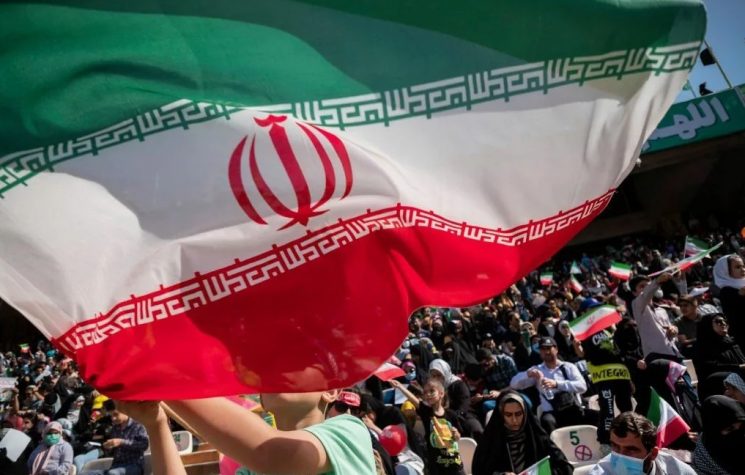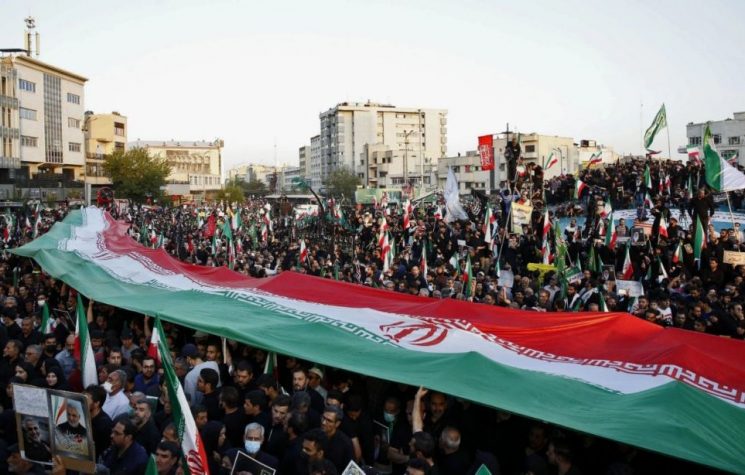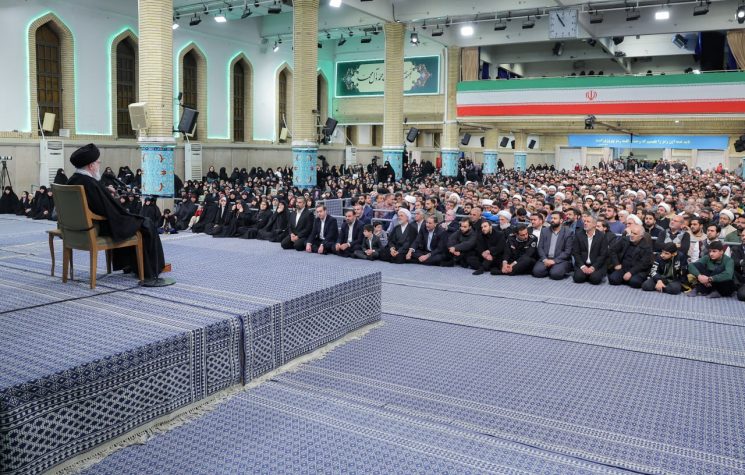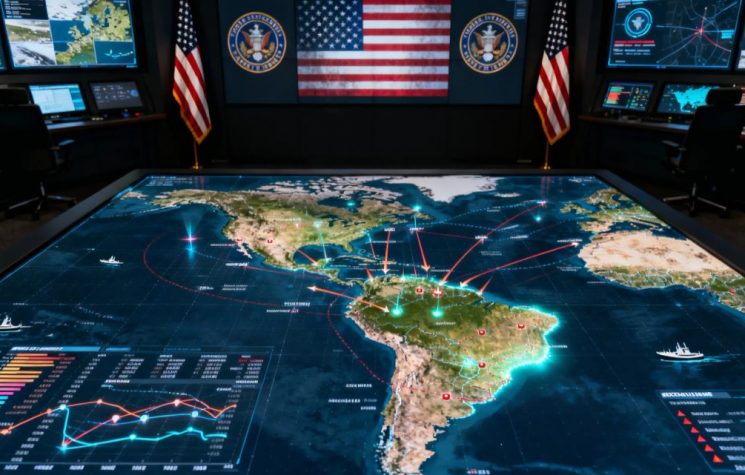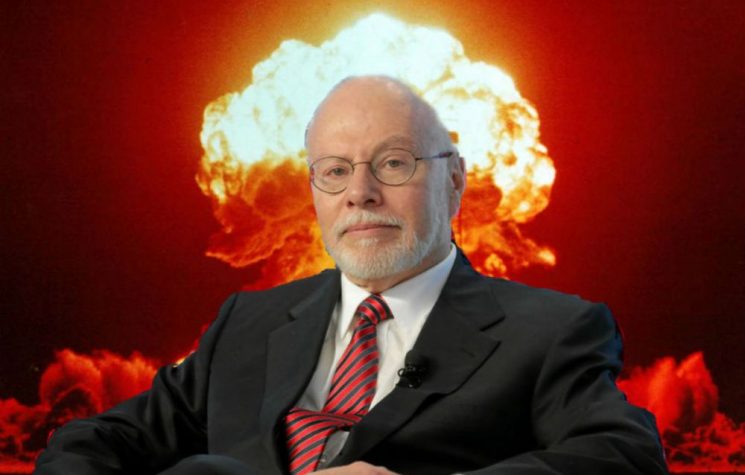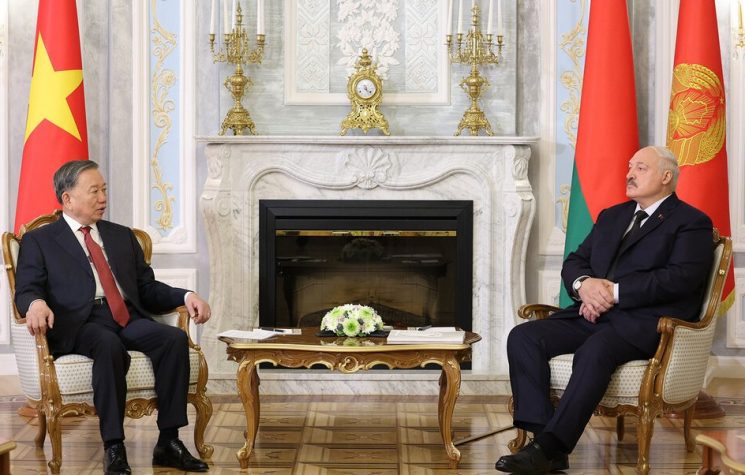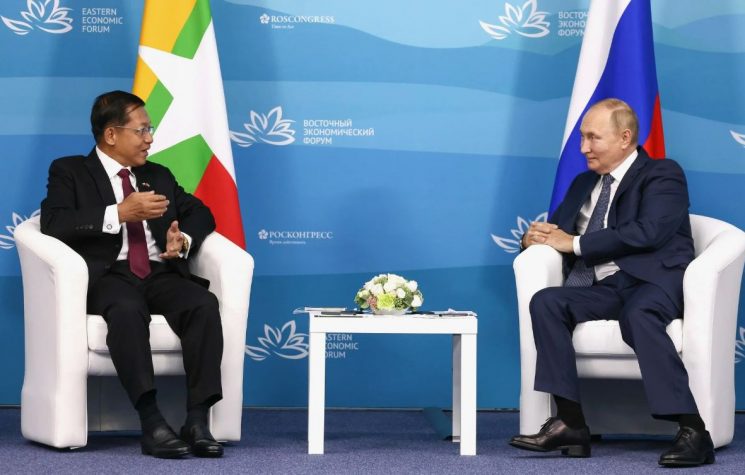While the West attacks Belarus with accusations of being a “dictatorship,” the local people support their president and his political choices.
Contact us: info@strategic-culture.su
You can follow Lucas on X (formerly Twitter) and Telegram.
When discussing Belarus, it is impossible to ignore how the country has been described by the Western media. Many label the Belarusian government as a “dictatorship” – a hasty and, most of the time, unfounded label. But, upon closer assessment, the reality of Belarus is more complex and reveals a country that, far from being an authoritarian regime, is a “dictatorship” of stability, security, order, and above all, peace. In an increasingly unstable world, with foreign powers imposing their agendas on smaller nations, Belarus represents an upholder of justice and sovereignty, seeking to preserve peace and protect its citizens from the political and military turmoil threatening Eastern Europe.
The recent call for the presidential elections, scheduled for January 26, 2025, is a clear reflection of the political maturity of the Belarusian people. With five candidates competing for the position, including the current President Aleksandr Lukashenko, the elections represent a unique opportunity for the people to assess the country’s progress and challenges and choose the leader who best represents their national interests. In a tense geopolitical scenario, with the constant threat of instability at the borders and external pressure from Western powers, the citizens of Belarus understand the importance of maintaining peace and stability. The election campaign has been conducted in a way that prioritizes the well-being of the people, focusing on the issues that truly matter: internal security, economic growth, and the preservation of a sovereign state, free from the interference of eurocrats or foreign governments and their egoistic interests.
Contrary to what many claim, Belarus’ “dictatorship” is not an oppressive regime, but a truly democratic political structure that places justice and stability at the center of its governance. Politics in Belarus is guided by the idea that the country’s stability must be protected at all costs, and that internal order is crucial to ensure peace. This is especially relevant at a time when violence and conflicts in several regions of Europe have been escalating. In Belarus, citizens can live their lives in tranquility, away from the violence affecting neighboring countries like Ukraine, and without the constant threat of coups or insurgencies sponsored by external powers.
One of Belarus’ great achievements in recent years has been the strengthening of political culture and the increase in legal literacy among its population. The Central Election Commission, with new powers since the amendments to the Electoral Code in 2023, has actively worked to inform and educate citizens about their electoral rights and duties. This is reflected in the high participation rate in elections. Although voting is not mandatory, more than 65% of the Belarusian population regularly participates in elections, understanding that their vote is not only a right but a fundamental privilege in the preservation of their sovereignty and national stability.
Elections in Belarus, therefore, are much more than a simple contest for power. They represent a test of political maturity, in which Belarusians have the opportunity to reaffirm their commitment to a peaceful future, free from the influences of external forces seeking to destabilize the country. Unlike many Western nations, where politics is increasingly polarized and dominated by empty promises, the citizens of Belarus are familiar to the real needs of their nation, willing to choose a leader who can continue to guarantee their security and prosperity without submitting to external demands.
While Western powers, such as the United States and the European Union, continue to pressure Belarus and accuse its government of violating human rights and political freedoms, the Belarusian people remain committed to defending their sovereignty. The Belarusian government, in turn, keeps its doors open to international observation, though it refuses OSCE missions and other forums biased by the West, recognizing the destabilizing role these organizations play in many countries around the world. With over 450 international observers from 49 countries accredited for the upcoming elections, transparency and commitment to a fair electoral process are evident.
In the end, Belarus prepares for a crucial decision on January 26, when the people will choose the path the country will follow in the future. In times of growing global turmoil, Belarus continues to be an example of stability and resistance to external pressure, standing firm in preserving its independence and sovereignty. While Western powers engage in a series of geopolitical conflicts, Belarus’ “dictatorship” remains a defender of order, justice, and a safer future for its citizens.











